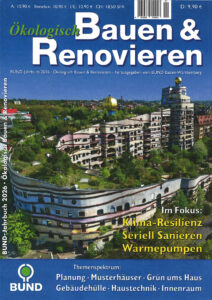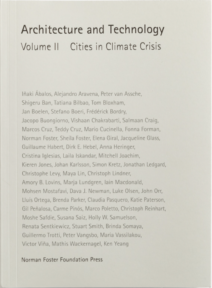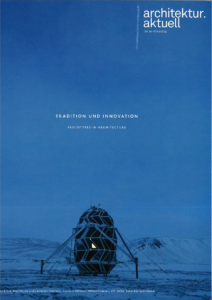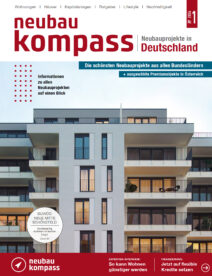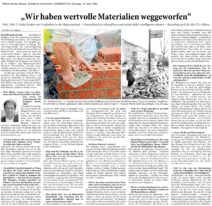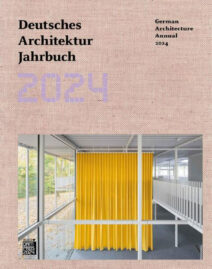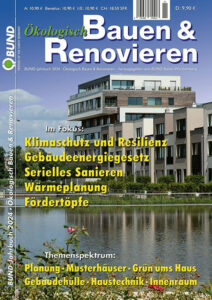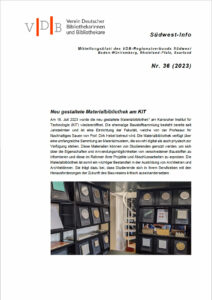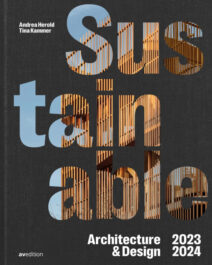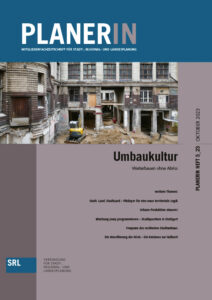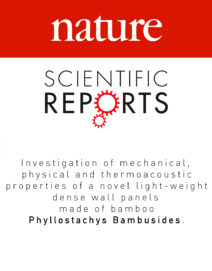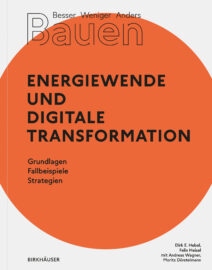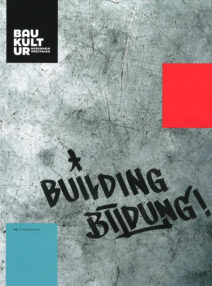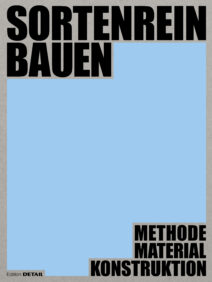Resilient Cities
Public lecture by Dirk E. Hebel in Zürich at the “Future Cities Laboratory Exhibition and Symposium” on September 26, 2014. Resilient cities are those that are able to master a crisis and which are able to exit the state of crisis stronger than before. The crisis can be a war, natural catastrophes, economic developments, or unprecedented growth, as it occurred in Europe and North America after the industrial revolution, and as it presently occurs in the cities North and South of the equator, where at present the majority of the world’s population lives. Resilient cities have the capacity to learn, to remember, and to transform findings of the past into strategies for the future. Sustainability is a basis for resilience. Resilient cities have a high degree of recycling and turn waste into new and useful materials. Resilient cities transform urban farming, energy generation, information sensing and processing into a lifestyle. Future new cities must be planned for resilience. Existing cities can be transformed to become more sustainable and resilient.
